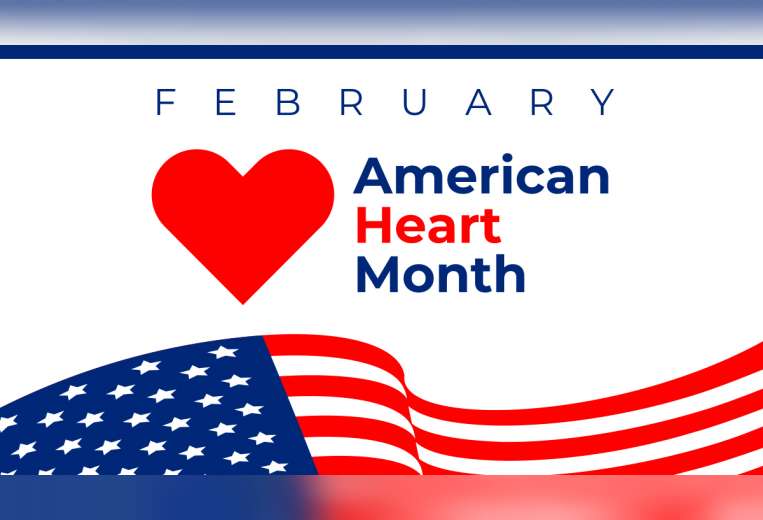American Heart Month and your role as a recruiter
 Posted by Alexandra Cappetta
Posted by Alexandra Cappetta

Heart disease is responsible for 1 in 4 deaths in the United States, according to the Center for Disease Control and Prevention. In fact, it’s the leading cause of death nationwide, so it may not come as a surprise that cardiologists are among the most in-demand specialties to recruit. Regardless, the work done by the fist-sized organ in our chests does not limit itself to just one specialty (there’s a reason the stethoscope is one of the first instruments physicians have in-hand when seeing a patient). All our functions, and therefore all specialties, are affected to some degree by the heart’s performance.
February is American Heart Month, and whether it be neurology, pediatrics or family medicine, the heart plays an important part in the everyday lives of physicians. The question is, what can be your role, not only as an individual, but specifically as a recruiter, when it comes to heart health and awareness?
1. Know the facts
Use this month as an opportunity to do a bit of research on the disease that claims the lives of 630,000 Americans each year, according to the CDC. Gain a general understanding of heart health, heart disease, risk factors, prevention and how you can promote awareness as a member of the health community. The best thing you can do as a recruiter, and for your own health, is equip yourself with the right facts and resources.
2. Find out if you’re eligible for the CDC’s programs
The CDC offers a handful of programs on state, local and tribal levels that assist and educate individuals about heart health and disease prevention. Get acquainted with the different programs and see which are available - and worth looking into - for your institution. Find out if your state or organization is eligible to participate.
3. Spread the word
Continue the conversation about heart health with fellow colleagues, recruiters and peers. See if they know about the CDC’s programs and encourage them to spread the word, or better yet, participate in those programs’ advantages. Some, like the Heart Disease and Stroke Prevention Program, aren’t just for patients of the physicians you’ve recruited; anyone in your circle can benefit - or at the very least, be made aware of the resources they have available.
4. Protect your own heart
Lastly, caring for your own heart health is key. Know where you fall in terms of risk, based on lifestyle or genetics, and focus on healthy habits that lower your chances of dealing with heart disease and stroke. Another CDC statistic claims that 805,000 Americans will experience a heart attack this year; avoid being one of them by engaging in consistent physical activity, a balanced diet and refraining from smoking or excessive drinking. Stay in the know with more statistics and information about heart health.

